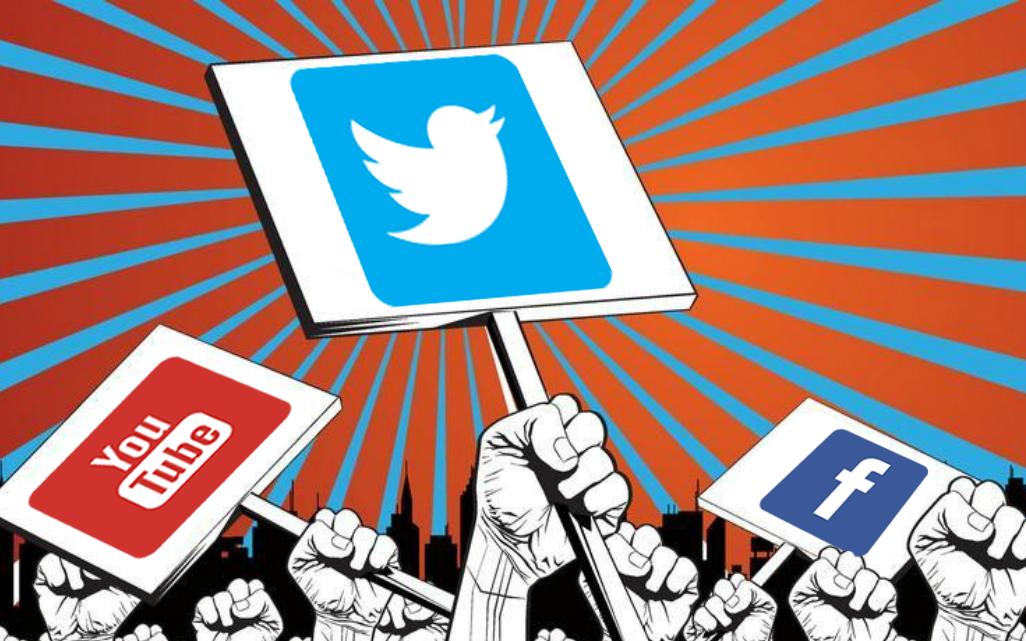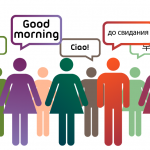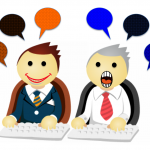Social media use has exploded in recent years. Today, more people than ever get their news and information via social media outlets such as Twitter and Facebook than from traditional newspapers, magazines, or even television news broadcasts.
The political discourse of today is also shrinking to fit our tweets and status updates. Social media has not only allowed politicians to connect with their voting public in a host of new ways, from live feeds to video blogs, but it has also added a new dimension to political contests, allowing the entire world a glimpse inside the political processes of the US.
Political Marketing 101
Social media’s presence in politics began as an organizational tool, as political campaigns used the new technology to organize events and meet-ups, as well as giving prospective voters the chance to chat online together, and with the candidates. This ability to organize large groups of people relatively quickly became extremely important years later when the Occupy Wall Street movement came to life, as well as when it effectively started the so-called Arab Spring in the Middle East.
The Obama campaigns of 2008 and 2012 have become legendary for their successful use of social media to get their candidate elected. Use of the various platforms moved beyond simple social connections at this time, becoming platforms for discussion of policy. Facebook, and later Twitter, even became pivotal parts of the primary debate process, allowing voters to ask their questions and get immediate answers.
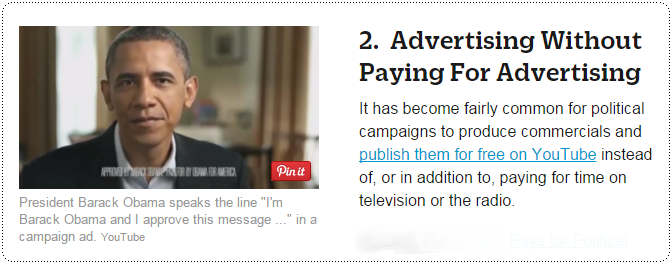
Social Media and the Democratic Process
Social media has also found its way into the process of elections. Applications not only connect prospective voters to their preferred candidate and campaign, but voters can also access apps that provide up-to-the-minute polling data, as well as detailed information about all the candidates’ positions on the issues.
Social media can also be used as a vital tool in helping the disenfranchised voter to register and participate in the election process. From helping people to register to vote, to arranging transportation to and from voting sites, social media outlets are helping people vote in greater numbers than ever before.
The Slip-ups Heard Around the World
The far-reaching effect of social media goes beyond simply the dissemination of information and the encouragement of democratic processes. It can also be the agent for distributing the occasional slip-up on the part of politicians. The ability to immediately post a video or share a tweet can be a great boon for competitive campaigns, or it can, in some cases, be disastrous.
In February 2016, former Florida governor Jeb Bush posted a photo of a handgun to his Twitter account. The gun, a semi-automatic .45-caliber pistol, had his name etched on the barrel. The Twitter post was finished with a single word message: America. News sites such as baedaily.com soon began posting alternative versions of the Jeb Bush Twitter post with the same caption of “America”, including images from the Sandy Hook and Aurora, Colorado mass-shooting scenes.
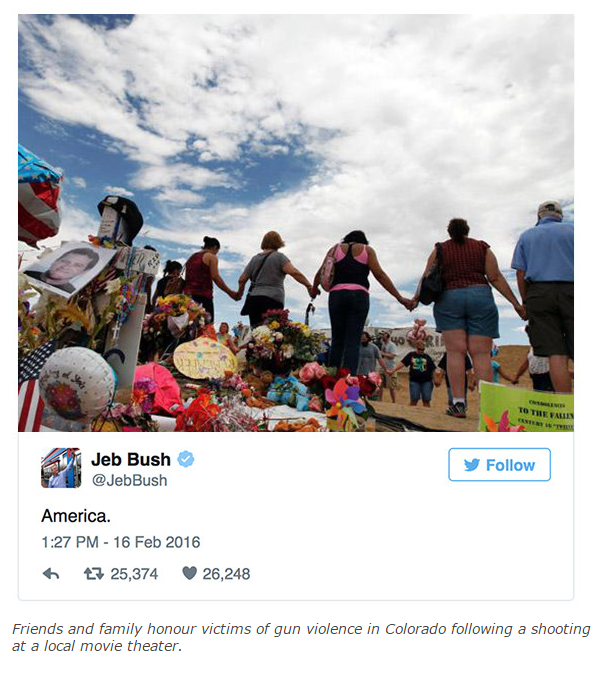
Bush has certainly not been the only one to post an ill-timed picture or tweet an ill-timed phrase. Other members of both parties have suffered for things said and seen on their social media accounts. From Senator John McCain referring to the former president of Iran as a monkey, to the infamous photo-tweeting of former New York Congressman Anthony Weiner, social media faux pas are plentiful, and the popularity of the medium will only serve to increase them in the future. Politicians today are taking care, trying to be more guarded in their expression through social media, and keeping in mind that this is just another form of media that must be public relations controlled.
The best thing about @SteveStockmanTX is if you don’t vote for him, he loses. See: http://t.co/Ysaq2Erdnx #swgreen #climate #EarthHour
— Elin Bergman (@elin_bergman) March 23, 2013
Has Social Media Changed Politics Forever?
The relationship between social media and politics that evolved over the years is a complex one, and the future is certain to yield even more complex issues involving the two. As the world becomes more and more connected through the Internet, and as social media sites become a dominant mode of interaction, there are distinct positives and negatives on the horizon.
The ability to engage young people, even before voting age, with the political process is an attractive one. For many candidates, their platforms and party leanings rely on the youth voting bloc to push the limits of the campaign, and to maintain its marathon pace through to Election Day. The ability to connect so effortlessly, and the overall informality of the medium, could lead many voters of all ages to lose respect for the process and become more sensitized to who is funny, cool or likeable, rather than who is experienced, strong and prepared to do the job.
In this way, the effect of social media on politics could result in campaigns becoming popularity contests, races becoming reality shows, and unqualified candidates being elected because they are well liked. Social media may be in its golden age, but learning how to safely coexist with the democratic process may take a long time.

